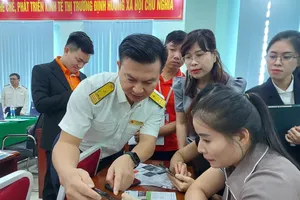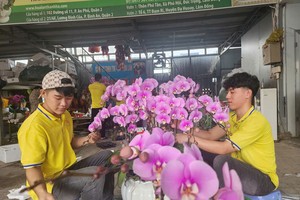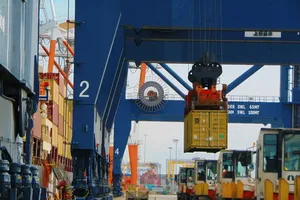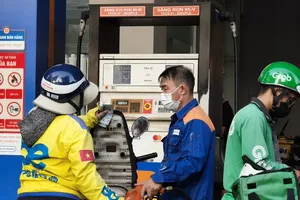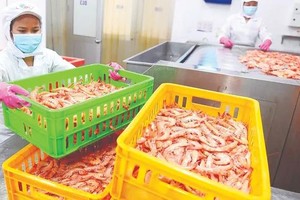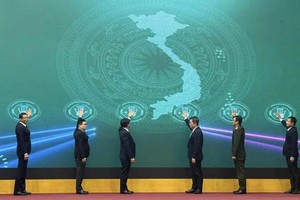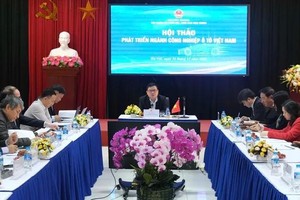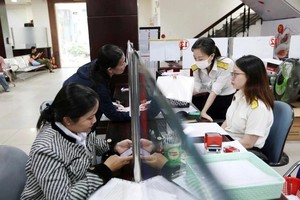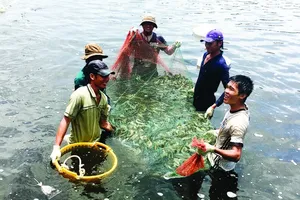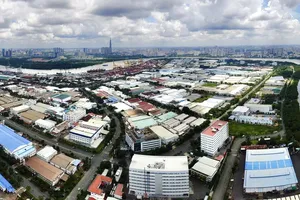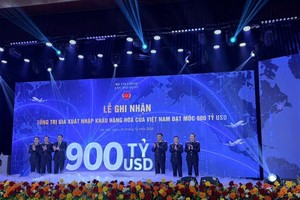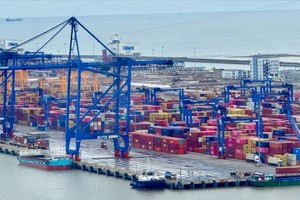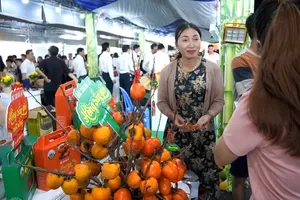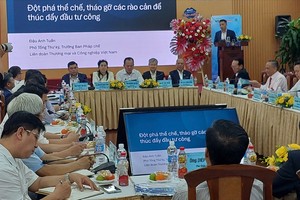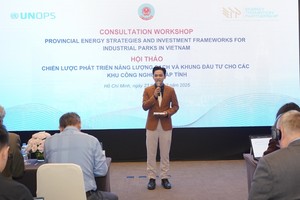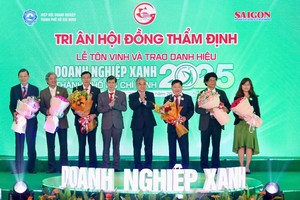The Ho Chi Minh City Investment and Trade Promotion Center (ITPC) in collaboration with the Indonesian Consulate General organized a seminar titled "Promoting International Cooperation in the Halal Industry between Vietnam and Indonesia" on April 28, in HCMC.
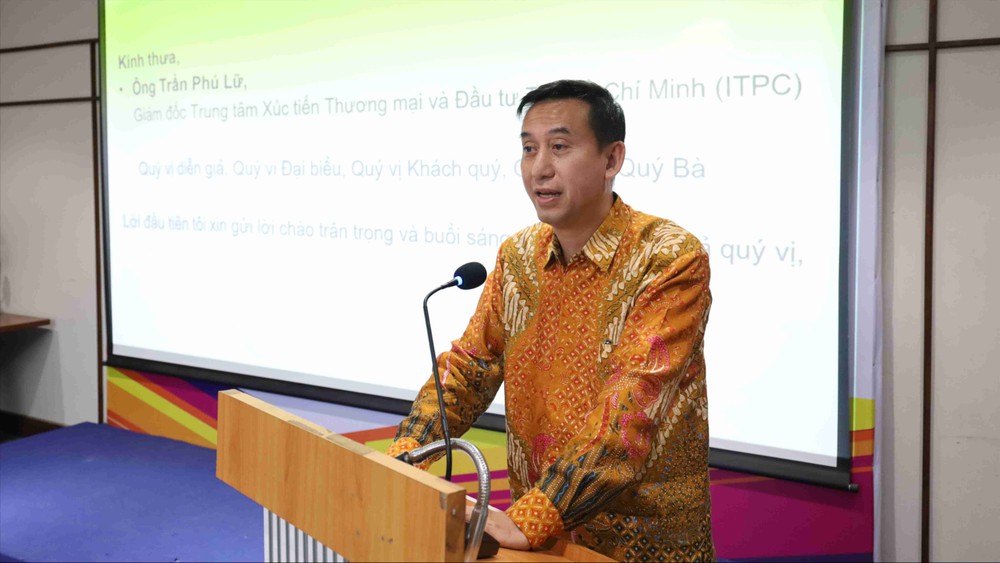
The event attracted the participation of leaders from both countries’ agencies and businesses, opening up significant opportunities for Vietnamese enterprises to tap into the growing Halal market. In his opening speech, Mr. Tran Phu Lu, Director of ITPC, emphasized the current global economic volatility, which has led to challenges for Vietnam’s exports, including technical barriers, trade protectionism, and a decline in global demand. Therefore, diversifying markets, particularly the rapidly growing Halal market, is a strategic direction for Vietnamese businesses.
According to statistics, the bilateral trade between Vietnam and Indonesia in the first quarter of 2025 reached US$4.2 billion, a 17 percent increase compared to the same period last year, with Vietnam’s exports to Indonesia totaling $1.4 billion. Notably, the total trade value between HCMC and Indonesia in 2024 reached $1.6 billion, a 23 percent increase from 2023, demonstrating the enormous potential for expanding cooperation.
Mr. Agustaviano Sofjan, Consul General of Indonesia in HCMC, noted that the Halal industry is opening up vast opportunities. It is projected that by 2030, global spending on Halal products will reach $10 trillion. Halal products are not limited to food and beverages but also extend to cosmetics, pharmaceuticals, fashion, tourism, and financial services. With a population of over 280 million, the majority of whom are Muslim, Indonesia is currently the largest Halal market in the world—an attractive destination for Vietnamese enterprises.
However, to conquer this market, businesses need to understand and comply with the strict Halal certification standards. Ms. Nguyen Thi Ngoc Hang, Marketing Director of Halal Certification Agency (HCA), explained that Indonesia requires most imported products to have Halal certification from the Indonesian Halal Product Assurance Organizing Body (BPJPH). Products that do not meet the standard must be clearly labeled “Non-Halal.”
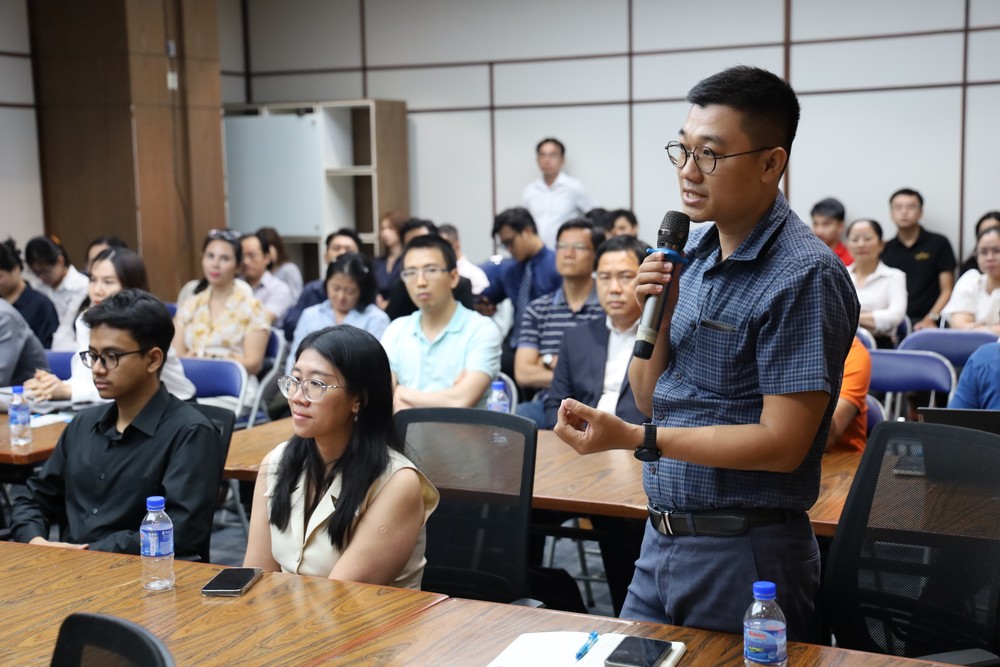
The certification process includes reviewing documentation, conducting on-site assessments, adhering to SJPH Standard No.20/2023, and registering on the SIHALAL system. The Halal logo must be clearly printed on the packaging as per regulations. The mandatory Halal labeling process is expected to be completed by October 17, 2026. This technical barrier requires Vietnamese businesses to prepare thoroughly to ensure smooth market entry into Indonesia.
In addition to technical standards, Mr. Agustaviano Sofjan proposed three ways to enhance cooperation: sharing information and techniques in Halal certification, promoting joint ventures and investments in Halal sectors (such as food processing, cosmetics, and tourism), and encouraging businesses from both countries to participate in international Halal trade exhibitions, such as Halal Indo 2025, scheduled for September.
Mr. Tran Phu Lu stated that ITPC is committed to continuing its role as a connector, supporting local businesses in exploring high-potential markets, especially the Halal market. This seminar also concretized the direction for cooperation following the official upgrading of Vietnam-Indonesia relations to a Comprehensive Strategic Partnership on March 10, 2025, setting the stage for enhanced trade and investment relations between the two countries.
